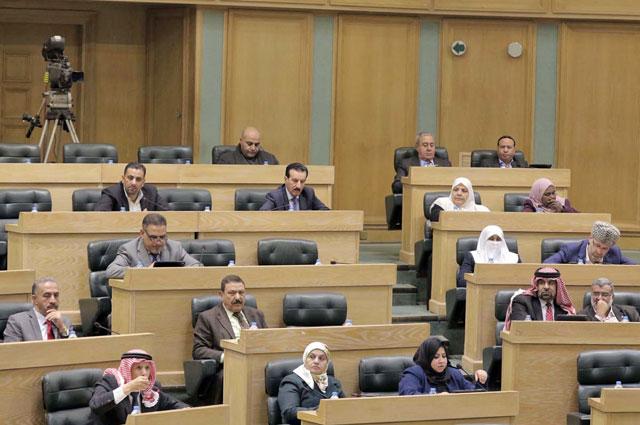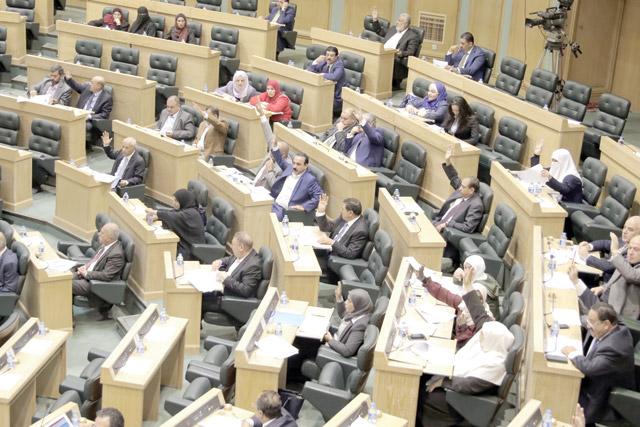You are here
Senate approves changes to Judiciary Independence Law
By JT - Jul 31,2017 - Last updated at Jul 31,2017
AMMAN — The Senate on Monday endorsed the amendments of Judiciary Independence Law for 2017, as referred from the Lower House, the Jordan News Agency, Petra, reported.
The new amendments allow presidents of courts of first instance to join the Judicial Council, reducing the members from cassation courts to one instead of two, and cancelling the membership of the first inspector to ensure neutrality and avoid affecting the council’s decisions.
According to the law, which will go into effect following the King’s endorsement and publication in the Official Gazette, the Judicial Council, the top judicial authority in charge of running the court system, will be composed of a president (appointed by the King), the president of the Supreme Administrative Court (vice president), chief prosecutor at the Court of Cassation, a judge from the Court of Cassation, presidents of the courts of appeal, secretary general of the Ministry of Justice, president of the Amman-based Court of First Instance and two heads of courts of first instance from governorates other than the capital, said Petra.
The law tasks the council with deciding on financial needs and costs, allocating an annual and independent budget that is not related to the budget of the Justice Ministry, and establishing a general secretariat led by a secretary general who is appointed by the council.
Under the new changes, the president of the Supreme Administrative Court and the Public Prosecution Department are required to submit annual reports that will be incorporated in an annual report compiled by the Judicial Council and submitted to His Majesty the King, according to Petra.
The new version of the law also stipulates ending the services of a first-category judge when he/she reaches 70 years old, with the exception of the president of the Judiciary Council and when they reach his deputy, and 65 years of age for the rest of judges.
The law limits the office term of the inspector general to un-renewable four years and allows forming a disciplinary council without the mandatory membership of the oldest judges of the Cassation Court.
The amendments allow judges who retired before December 31, 2010, to benefit from the social solidarity fund for judges.
The legislation aims to enhance independence of judiciary through ensuring the financial independence of the Judicial Council.
It also aims to ensure a qualitative and fair representation at the council and in appointing judges.
Related Articles
AMMAN — The Lower House on Tuesday agreed to challenge the Judiciary Independence Law before the Constitutional Court upon the request of a
AMMAN — Lawmakers on Sunday approved amendments to Independence of Judiciary Law, ensuring the Judicial Council an independent budget and lo
AMMAN — Lawmakers on Sunday approved amendments to Independence of Judiciary Law, ensuring the Judicial Council an independent budget
















